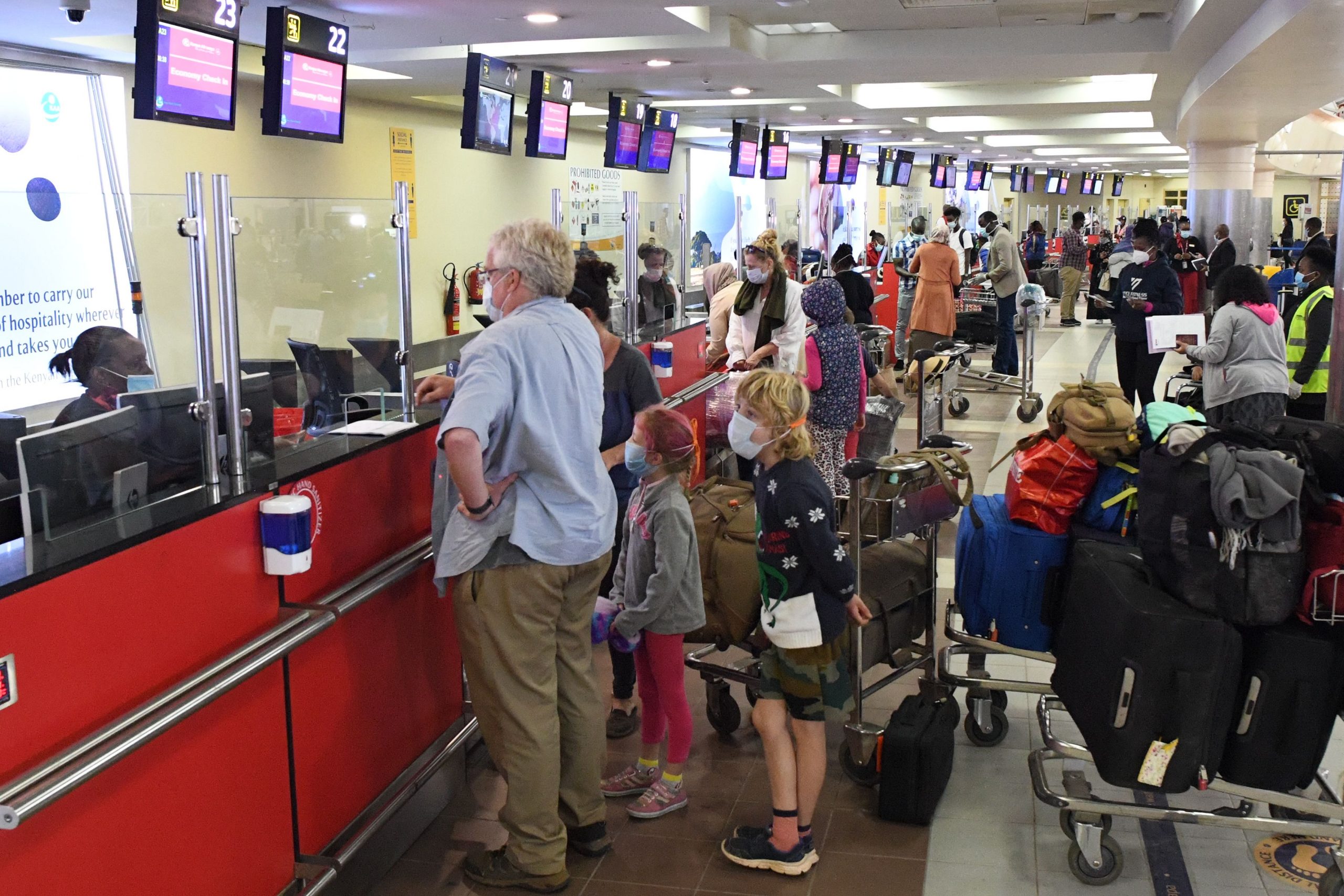Business heads from East Africa have called for a thorough review of aviation charges and levies. They have raised their discontent in regards to the skyrocketing air transport costs in the East African Community region.
Through their apex body of the private sector associations, East African Business Council (EABC), they are spearheading appeals for urgent intervention to make air transport more affordable for people in the region. In a statement, the Arusha based body says it is profoundly concerned by the exorbitant air fares, taxes, fees and charges, that it will now seek to commission experts to work on the issue.
The commissioned experts mandate will be to scan through the regulations on aviation taxes, levies and charges on the cost of doing business in the EAC which is deeply being affected by the ongoing air fare stalemate. They will also be required to assess the entire operational costs of the industry, including fuel costs, landing fees, parking and handling fares, passenger service charges and a host of taxes.
Tourism and exportation of fresh produce are heavily affected by high air transportation costs since they are both aviation dependent sectors. The frustrations of these two sectors have previously been linked to the failure by the EAC partner states to liberalize their air transport systems. This is in spite of the countries having signed agreements at both regional and international levels such as the EAC Common Market protocol at the domestic level and Yamoussoukro Decision of 2000 at the international level
“This translates into less accessible and unaffordable air transport for both cargo and passenger,” the EABC said in a statement.
The East African business body blames the partner states over what it sees as unjustified tight regulation of the sector which is believed to have denied fair competition among the operators within the bloc.
According to EABC’s statement, Aviation experts have decried East Africa’s dependence on restrictive Bilateral Air Service Agreement (Basa) in granting market access rights which in turn causes intra-EAC air ticket prices to increase therefore making it difficult to stimulate demand on air transport. This, the EABC maintains, prevents the optimum use of capacity and frequencies as well as the freedom rights agreed during Basa’s negotiations.
The EAC Common Market Protocol which has been in force since 2010 was to support full liberalization of air transport in the region but over ten years later the region’s skies remain tightly protected which makes it less accessible and affordable for both air travel and cargo carriage.
Exorbitant air fare in EAC recently emerged during the plenary sitting of the East African Legislative Assembly (Eala) through a report tabled to the House which revealed that 43% of air ticket prices in the region comprise of regulatory charges and taxes. With regulatory fees accounting for up to 24% of the air ticket price which surpasses taxes and fees charged elsewhere in Africa and the world.

